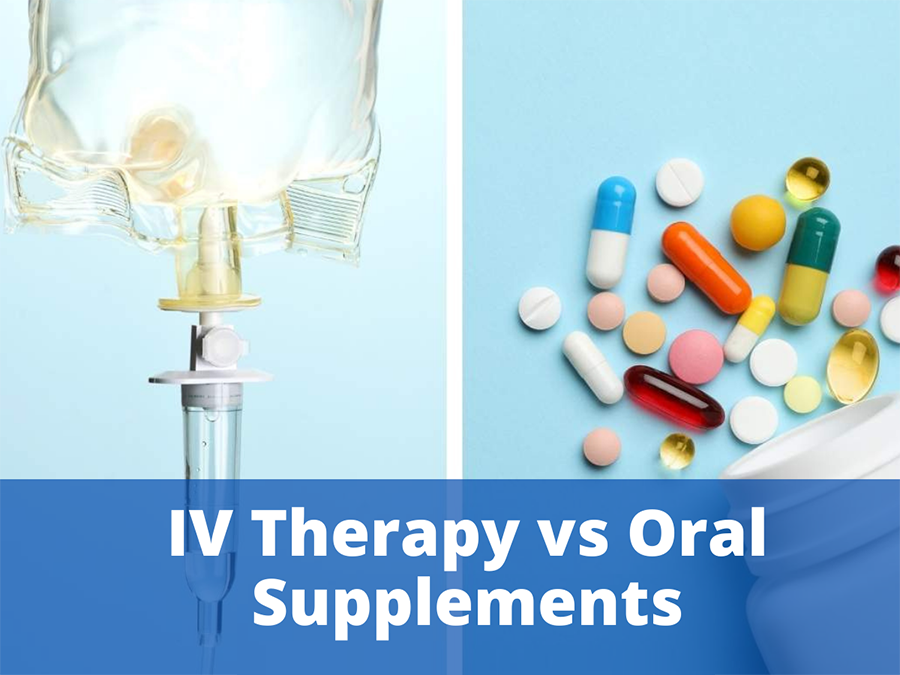_(1).webp)
Gonorrhea, a most frequent STD, often manifests asymptomatically, especially in women (up to 70%) and men (60%). It primarily causes urethritis in males and cervicitis in females, potentially leading to pelvic inflammatory disease (PID), infertility, ectopic pregnancy, and chronic pelvic pain. The incubation periods for STDs vary.
Chlamydia and gonorrhea may show symptoms within days, while HIV may take weeks to months. Early detection is crucial for timely treatment.
Chlamydia: Symptomatic disease typically appears 5 to 14 days after infection, but asymptomatic carriers' duration is uncertain.
Gonorrhea: Symptoms may arise approximately a week after post-infection, varying individually. Despite potential spontaneous resolution, all diagnosed individuals should be treated to prevent complications and transmission.
Syphilis: symptoms typically appear between 10 to 90 days after exposure to the bacterium Treponema pallidum. However, it's essential to note that the incubation period can vary widely, and in some cases, symptoms may not appear for years after initial infection.
Herpes: Incubation period ranges from 2 to 12 days.
HIV: Symptoms of symptomatic disease manifest within 2 to 4 weeks
Importance of Timely STD Testing
Timely STD testing is vital for early detection, preventing complications such as infertility or chronic pain, and reducing transmission. It not only benefits individual health but also plays a crucial role in public health by curbing the spread of infection
STD Incubation Period
Understanding the incubation periods of different STDs is crucial for several reasons. Firstly, it helps individuals recognize potential symptoms and seek timely medical attention. Secondly, it aids healthcare providers in determining the appropriate timing for testing after potential exposure. Lastly, it assists in managing expectations regarding the onset of symptoms and the window period for testing accuracy.
When to Test for STD
General recommendations for testing include after potential exposure, during routine check-ups, or when symptoms arise. High-risk situations, like unprotected intercourse with a new partner, may necessitate immediate testing. After treatment, it's customary to wait at least 90 days for retesting to ensure that the infection has been completely eradicated particularly for chlamydia and gonorrhea.
Addressing Concerns about STD Detection
Stigma, fear, and misconceptions surrounding STDs often act as barriers to testing and treatment. It's essential to address these concerns to promote proactive sexual health practices:
Stigma Reduction: Destigmatizing STDs through education and open dialogue can help individuals feel more comfortable seeking testing and treatment.
Confidentiality Assurance: Ensuring confidentiality in healthcare settings is paramount to building trust and encouraging individuals to prioritize their sexual health without fear of judgment or discrimination.
Education and Awareness: Providing accurate information about STDs, including transmission, prevention, and treatment options, can empower individuals to make informed decisions about their sexual health. At-home STD tests can also help in reducing stigma by allowing individuals to test privately.
Resources for STD Testing Information
Access reliable information through local health departments, reputable online resources, and
healthcare providers. They offer valuable guidance on STD testing, prevention, and overall sexual health.
Conclusion
In conclusion, understanding the incubation periods of STDs, addressing concerns about testing, and accessing reliable resources are essential steps in promoting sexual health. By prioritizing regular testing, reducing stigma, and fostering open communication, individuals can take proactive measures to protect themselves and their partners from STDs and their potential complications. Home STD tests provide a convenient and private way to manage sexual health. Empowering individuals with knowledge and resources enables them to make informed decisions and lead healthier lives.
Recent Posts
-

Anti-Aging IV Drip Therapy Benefits and How It Works
Ageing is a natural biological process that affects every living organism over time. As humas, when we age, cellular repair slows down, hydration levels decrease, oxidative stress increases, and essential nutrient absorption becomes less efficient.
January 24, 2026 -

IV Therapy vs Oral Supplements: Which Is More Effective?
Many people take daily supplements because they feel like a part of their routine, but the body does not process every tablet the way anyone expects or believes it does. Some days, absorption can be steady; other days, it can't be guaranteed, for reasons that have little to do with the dose itself... Read more
January 21, 2026 -

Types of STD Tests: Blood, Urine, Swab and Rapid Tests Explained
STD testing is considered essential for early detection, accurate diagnosis, and effective treatment of sexually transmitted infections. Many STDs show little or no symptoms, making regular screening an important part of sexual health and wellbeing ... Read more
January 16, 2026 -

How Modern Labs Detect STDs: The Science Behind the Tests
Sexually transmitted infections can often stay silently in the body, sometimes creating subtle changes that leave a person uncertain about what is happening. Modern diagnostics and STD/ STI lab tests help bring clarity by studying tiny pathogens that the body is being exposed to long before it becomes an actual health risk.
January 06, 2026 -

Multivitamin IV Drip: How Beneficial Are They?
A Multivitamin IV Drip is a sterile infusion that combines nutrients such as vitamin C, B-complex vitamins, magnesium, and calcium in a balanced, hydrating solution. At Health Call, this popular treatment is used to support overall hydration ...
December 10, 2025




